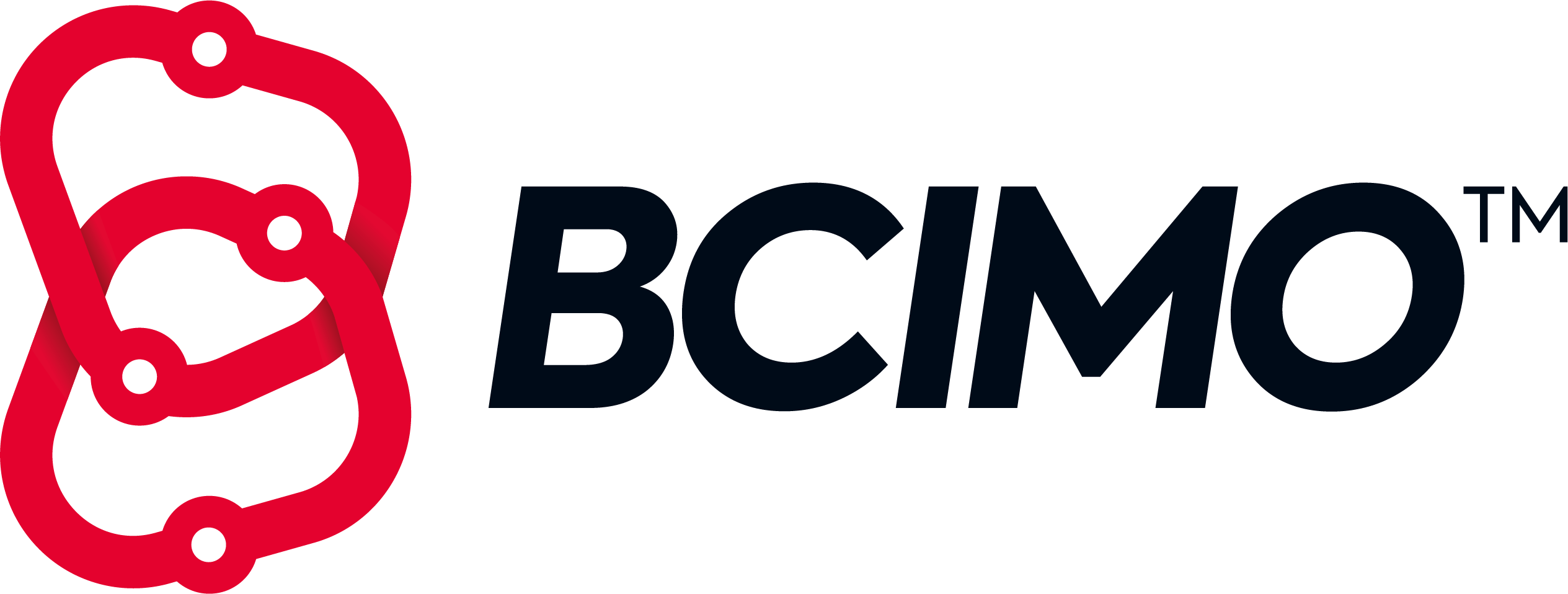As a research and technology organisation (RTO), BCIMO works with a range of organisations to deliver core products, services and programmes to help shape and accelerate innovation within rail and the wider transport industry. Within its vision, the organisation has developed its own framework for innovation, which encompasses the breadth of work it does and the collaborative relationships it builds.
The framework is based on four interdependent ‘cogs’, representing BCIMO’s core areas of focus, which must all turn together in order for new, emerging, and existing industries to flourish and grow, with each driving development from one aspect of the model to the next. It is designed to be completely scalable so that it can apply to any industry, not just to the rail sector, and is also applicable to innovations at either a whole system or individual component level.
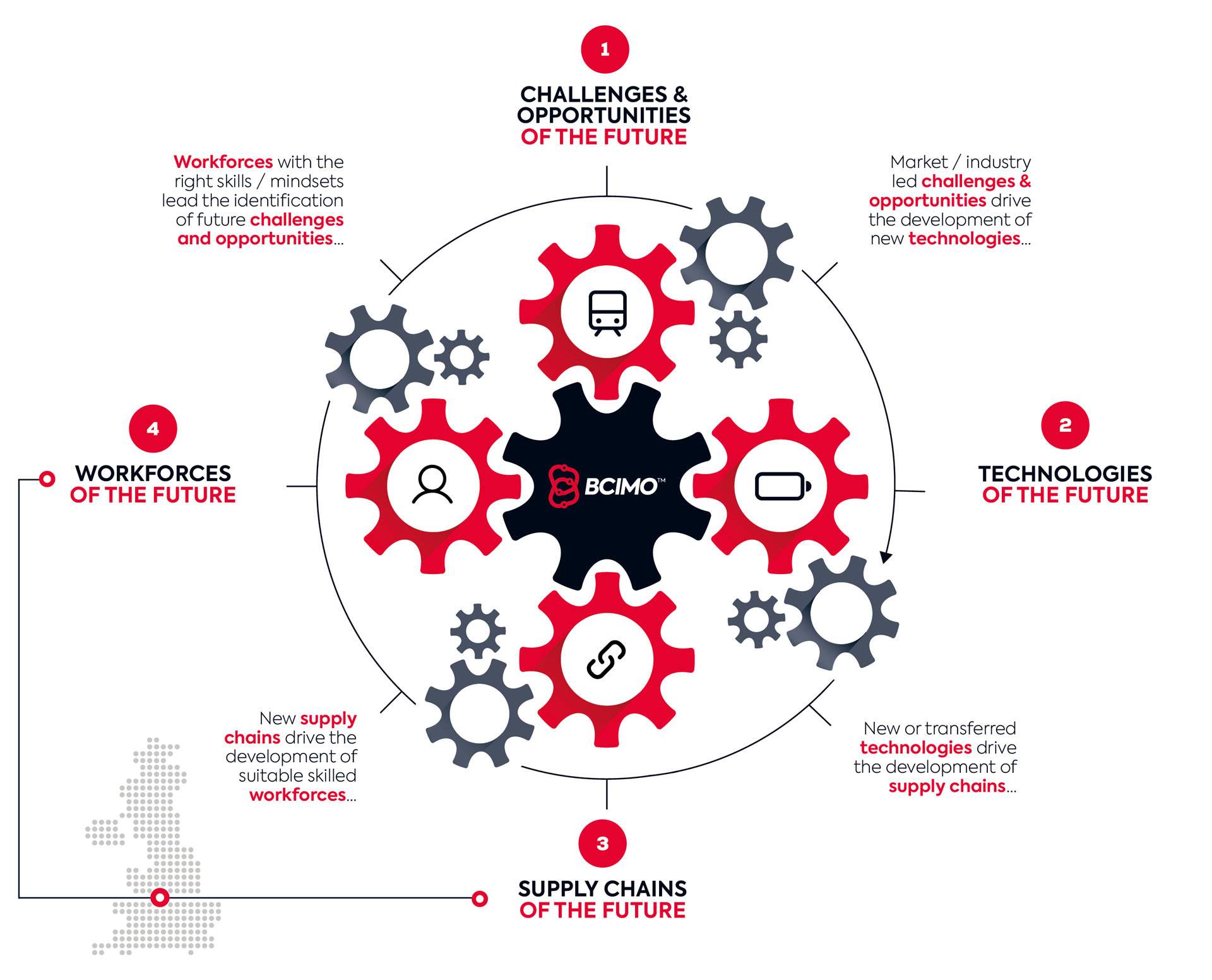
Let’s take a look at each of the cogs in turn…
Challenges and opportunities which can be clearly identified are often the primary catalysts for the process of innovation, in that they create an urgent need for the discovery and then development of new solutions, and the potential for new ideas to emerge and then evolve. Whilst it can be achieved through the adoption of a focused intrapreneurial mindset within individual organisations and across industries, there is also significant scope for collaborative working and cross-sector seeding of innovation to help shape that vision for the future.
The rail industry itself currently faces a range of complex challenges, which include the need to upgrade and to add to the network but do so cost-effectively, an imperative to address growing environmental concerns, and to enhance passenger experiences and improve freight services. But it also has an equal range of real opportunities, which include the potential to deploy new methods of working and facilitative technologies, to adopt emerging ‘clean tech’ ideas and innovative solutions, and to embrace the cumulative interconnected, multi-modal concepts being developed to include other forms of transportation alongside rail.
Within BCIMO, challenges and opportunities within the rail sector are addressed as part of the Commercial Investment Hub, a triadic forum which brings together innovative businesses and prospective investors alongside a group of rail industry professionals and policymakers – look out for more information on thia coming soon!
It was also the challenges of the incumbent rail systems and opportunities for the adoption of cross-sector innovation from the automotive industry that drove the development of very light rail (VLR), with the Coventry VLR solution being tested at BCIMO’s home, the Very Light Rail National Innovation Centre.

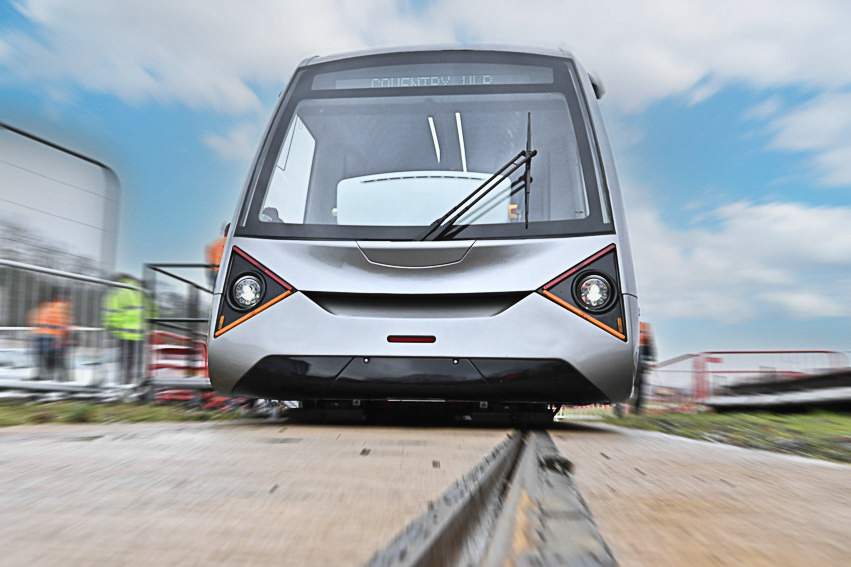
Market / industry-led challenges and opportunities drive the development of new technologies…
Technologies that emerge from those challenges and opportunities within an organisation or industry can encompass both newly designed products and services, but also those which have been redeveloped to meet a specific need or indeed redeployed in a new context, within or outside of their original application. The term can also include new and innovative processes of producing products or delivering services; and solutions can range from tangible technological equipment to the digital data enabling it, to the minutiae of systems in which it operates.
In the rail industry, technological innovation has a very broad scope as per the real complexity of the rail and linked transport ecosystem and its bespoke presence within each physical location. It could cover a number of aspects such as infrastructure, from groundworks installation to building construction, and rolling stock design and manufacture, from vehicle engineering to carriage interiors, across both passenger and freight; but also the ongoing operational aspects, including signalling, safety and environmental systems, and maintenance processes.
At BCIMO, the development of innovative technologies for rail application is the raison d’être of its Clean Futures Accelerator, with the challenges and opportunities defined through the Commercial Investment Hub attracting innovators with solutions and ideas. Its partnership with Coventry University, who focus on driving innovation within the automotive sector, has also been key to highlighting the potential redeployment of technology, inherent throughout the Coventry VLR project.
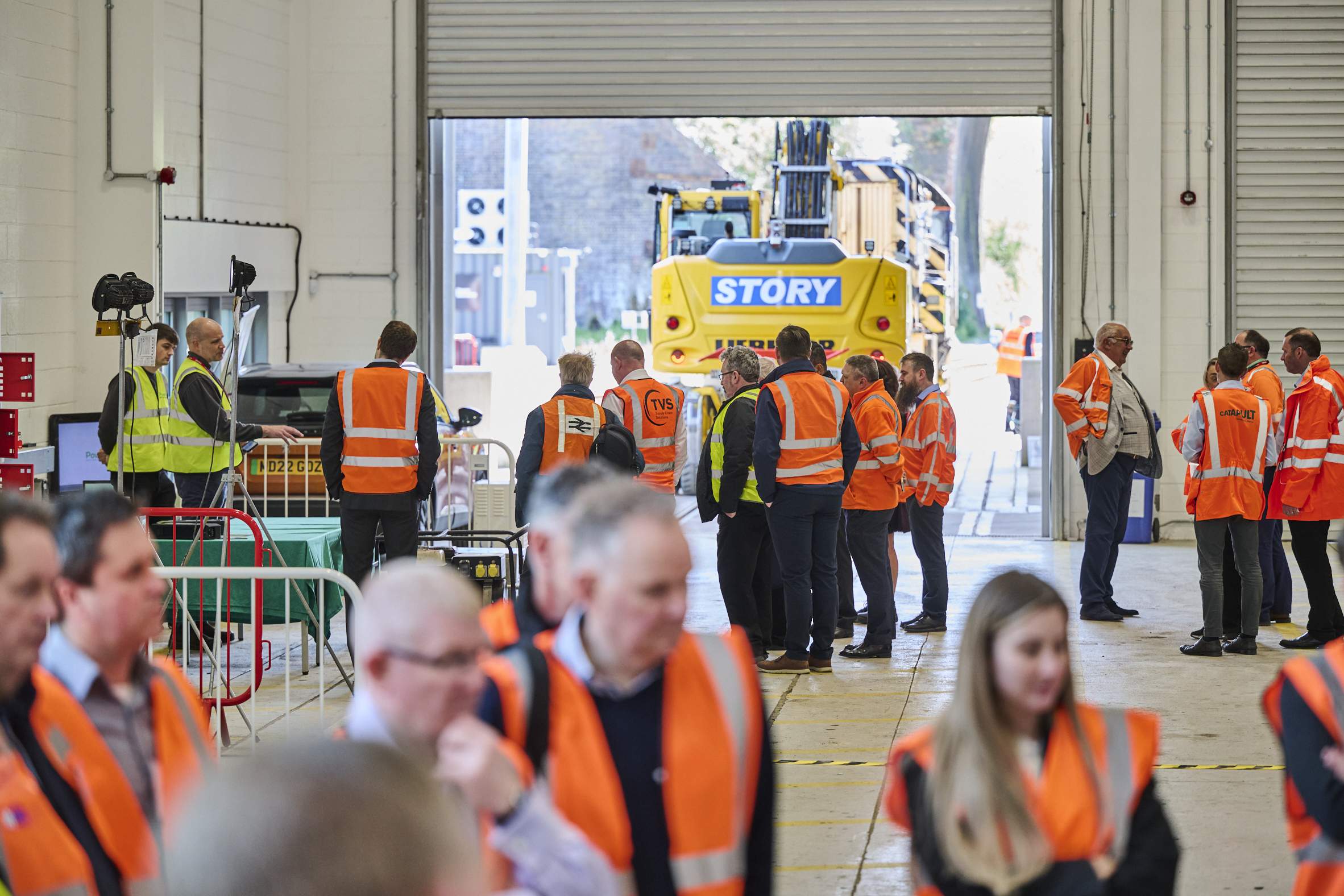
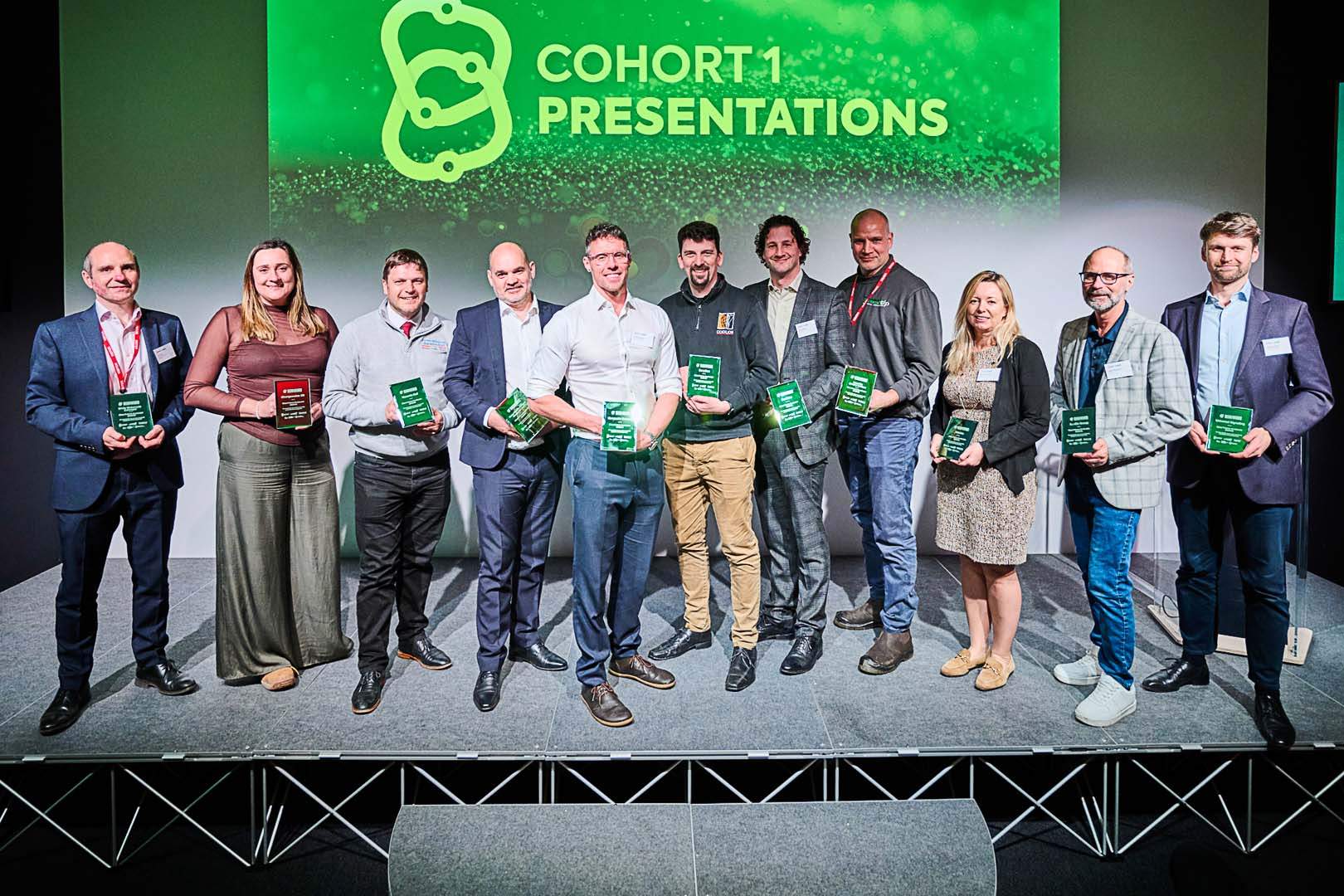
New or transferred technologies drive the development of supply chains…
Supply chains will develop naturally from innovation, for both newly designed and existing but refocused technologies, but it is essential that chains are consciously and effectively planned and considered throughout the entire hierarchy from the largest OEM down to the smallest SME. As businesses change over time, which can include through ongoing cycle of innovation, but also the process diversification and ultimately growth, supply chains remain key to the definition and indeed success of corporate strategy and so will also need to evolve as part of this change.
For the rail industry, its complex nature will understandably require a very broad spectrum of suppliers from the range of raw construction materials and manufactured steel fixtures and fittings required for infrastructure projects, to myriad elements required in the initial production and subsequent assembly of both passenger and freight vehicles. Management systems are also vital and must be factored into the mix, so effective supply chains are essential for both the technology and its data, plus a wide variety of services inherent in daily network operations.
For BCIMO, the need to establish a strong supply chain, both for an individual innovation and the broader business, from its initial inception through to full industrial scale-up, has been reiterated within the commercial and technical support provided on the Clean Futures programme. But the team are also focused on specific chains that will need to be developed for the nascent VLR sector, including discussions with Business Growth West Midland’s ‘Supply Chain Transition Programme’.
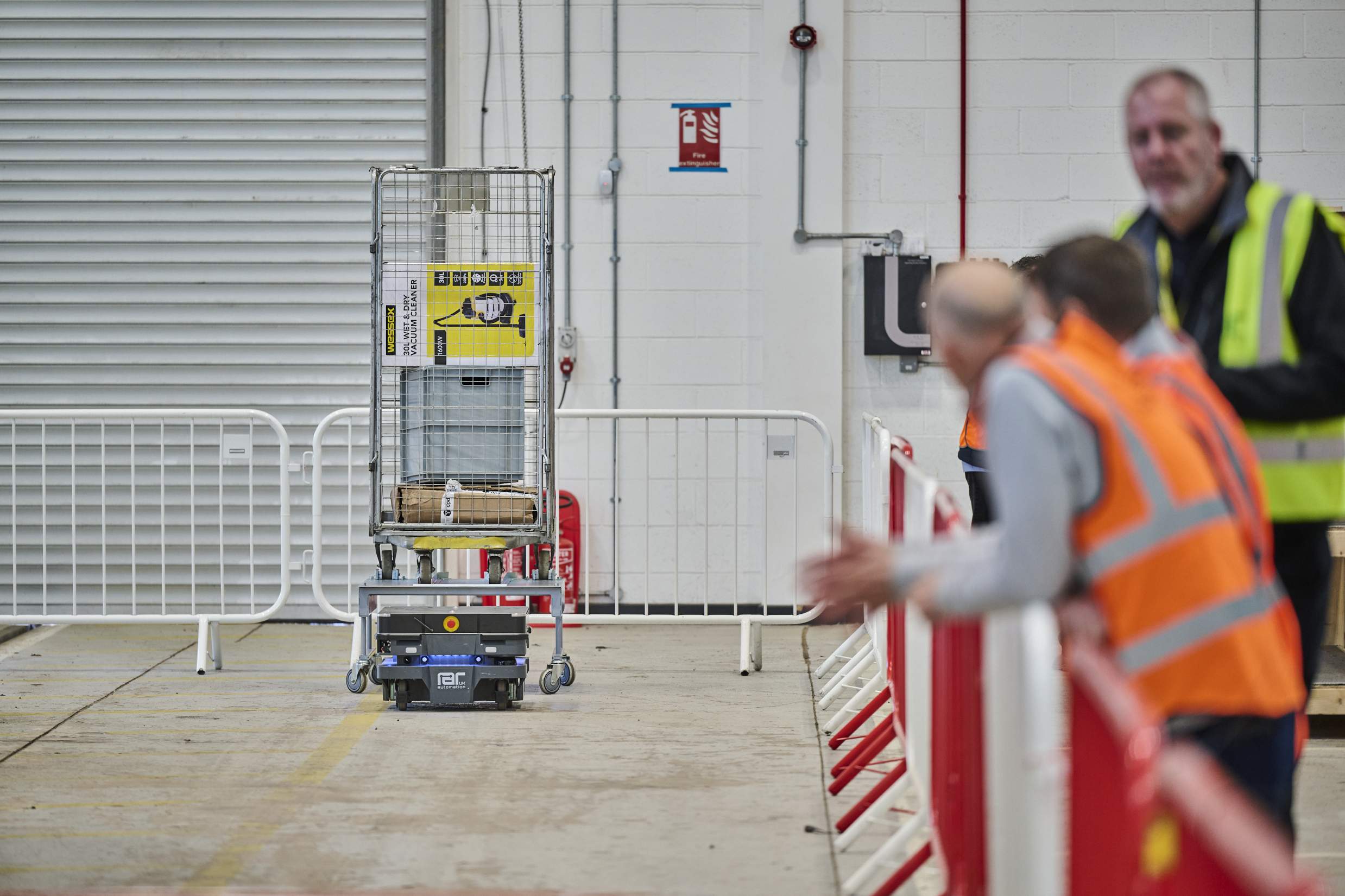
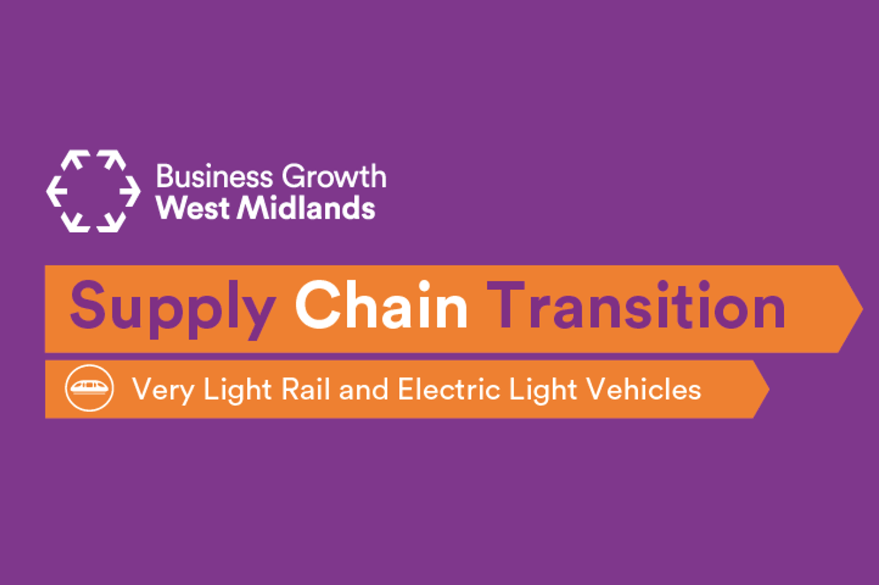
New supply chains drive the development of suitable skilled workforces…
Workforces are a core element within innovation, both in enabling the development of new and existing technologies and in the effective operation of complex supply chains; and from ensuring the provision of the full range of both practical and digital skills needed to design and deliver the innovation, to the intrinsic mindset essential to the drive to continuously innovate. Whilst skilling, re-skilling and up-skilling teams as needed is vital to successful business strategy, it also includes management, leadership and indeed younger people yet to enter the workplace.
Across the rail industry, its breadth and depth provide significant scope for gainful employment and further progression through re-skilling where needed within a wide variety of roles, from the ideation and design of both the infrastructural and rolling stock elements, and throughout the process to its ultimate construction and manufacture. In-service opportunities are likewise vast, including for example maintenance roles, information technology, customer service, business operations, industry leadership and policymaking… and, not forgetting of course, drivers.
The scope of BCIMO’s mission encompasses people throughout, from the inherently positive culture within its own team and competences being developed within the programmes it delivers and contributes to, to the outreach being undertaken recently with local schools and colleges on skills and careers within rail. But more broadly, the VLRNIC is also home and host to rail-specific training and development, including courses delivered by provider NIS in partnership with City of Wolverhampton College, and the PM Training & Assessing group.
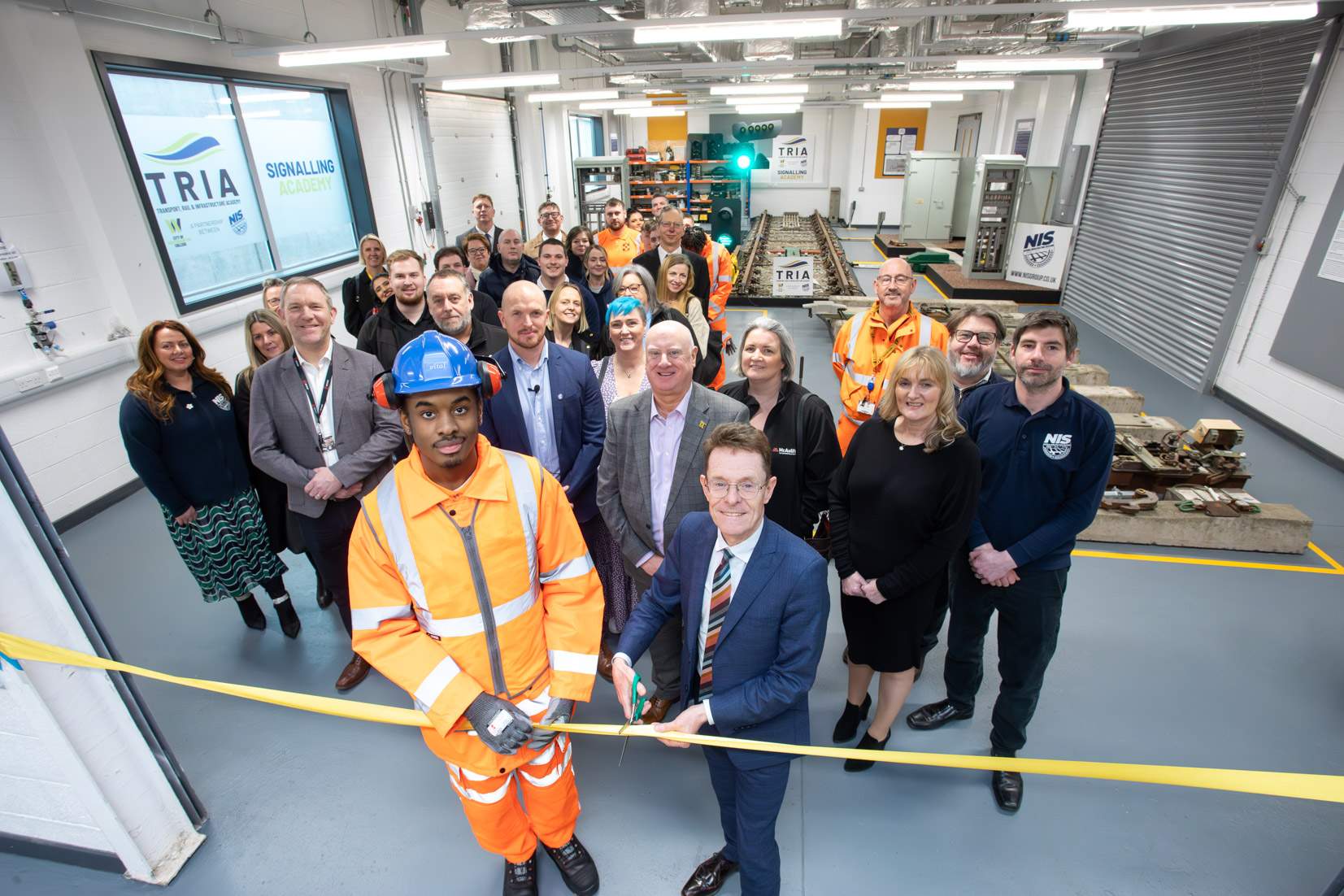
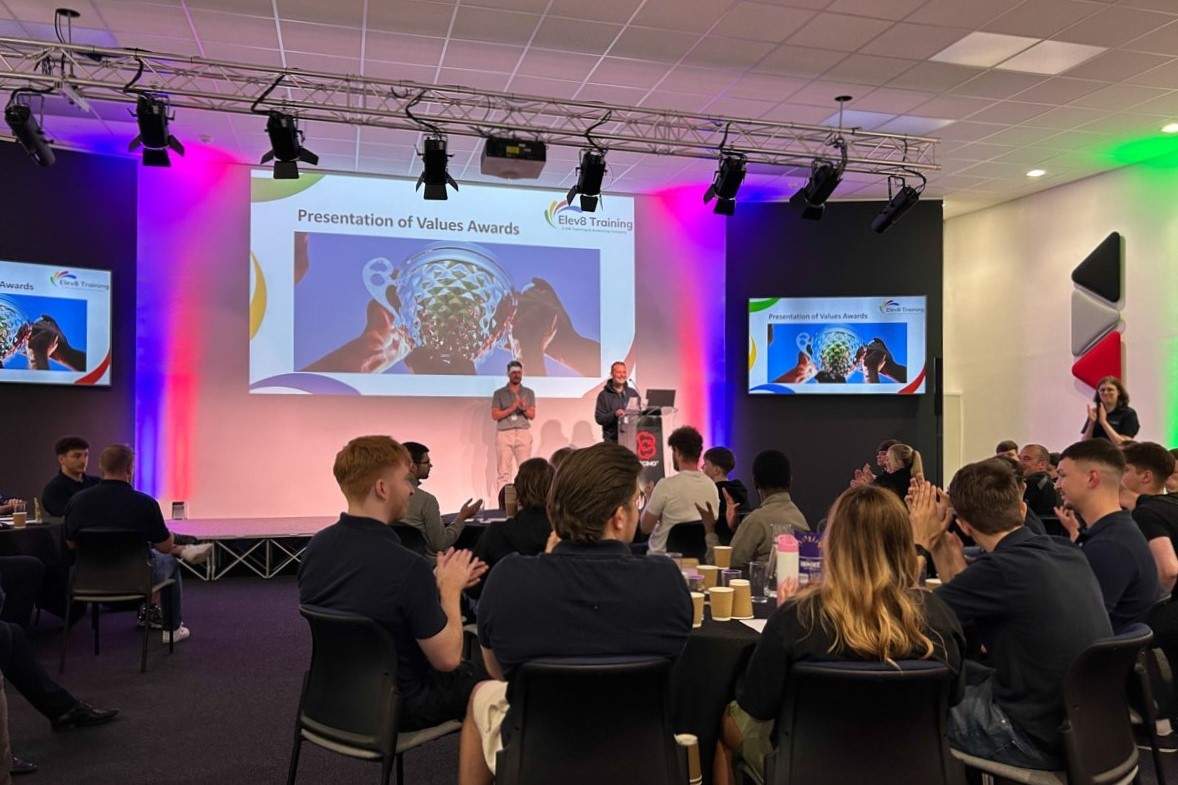
Workforces with the right skills / mindsets lead the identification of future challenges and opportunities…

Discussing the Clean Futures Accelerator and Commercial Investment Hub model, Naomi Arblaster, Head of SME Development, said:
“The collaboration between industry stakeholders, investors, and innovative SMEs showcases the transformative potential of clean tech solutions for the rail and automotive industries. The commitment of the SMEs and the support from the accelerator partners reinforce our collective dedication to driving sustainable advancements in future transport solutions. This initiative sets the stage for a dynamic and prosperous future in clean technology for the both the West Midlands and the wider UK.”

Andy Street, the former Mayor of the West Midlands and WMCA chair, following a visit to BCIMO to view progress on the CVLR testing, said:
“By investing in – and supporting the development of – Very Light Rail in Coventry and Dudley, we’re placing our region right at the forefront of what is a tremendously innovative technology. It’s yet another wonderful example of the industry and ingenuity for which the West Midlands is deservedly known. I look forward to seeing this technology progress from the workshop to real world application in the months and years ahead.”

Malcolm Cowgill, principal of City of Wolverhampton College, at the opening of the Transport, Rail and Infrastructure Academy (TRIA) at BCIMO, said:
“The economic climate is such at the moment that we need to support local people into jobs and, working in partnership with our training provider NIS, the academy will offer employer-led training to address skills gaps in specific areas of the industry, focussing on getting entry-level candidates into work, upskilling existing operatives and ensuring that the workforce is equipped with the latest industry-recognised qualifications and accreditations to ensure sustainable skilled employment now and in the future.”
For more information on BCIMO and the VLRNIC, please visit the BCIMO website or click Contact Us to make an enquiry / sign up to our mailing list.
BCIMO is a not-for-profit Research and Technology Organisation (RTO) and operator of the Very Light Rail National Innovation Centre (VLRNIC), a unique, world-class centre for rail innovation based in Dudley in the West Midlands.

Google Map Location: BCIMO
what3words Address: ///shades.glue.tile
Sat Nav: DY1 4AL
Postal Address: BCIMO, Very Light Rail National Innovation Centre, Zoological Drive, Dudley. DY1 4AW
Email: info@bcimo.co.uk
Phone: 07769 586893
